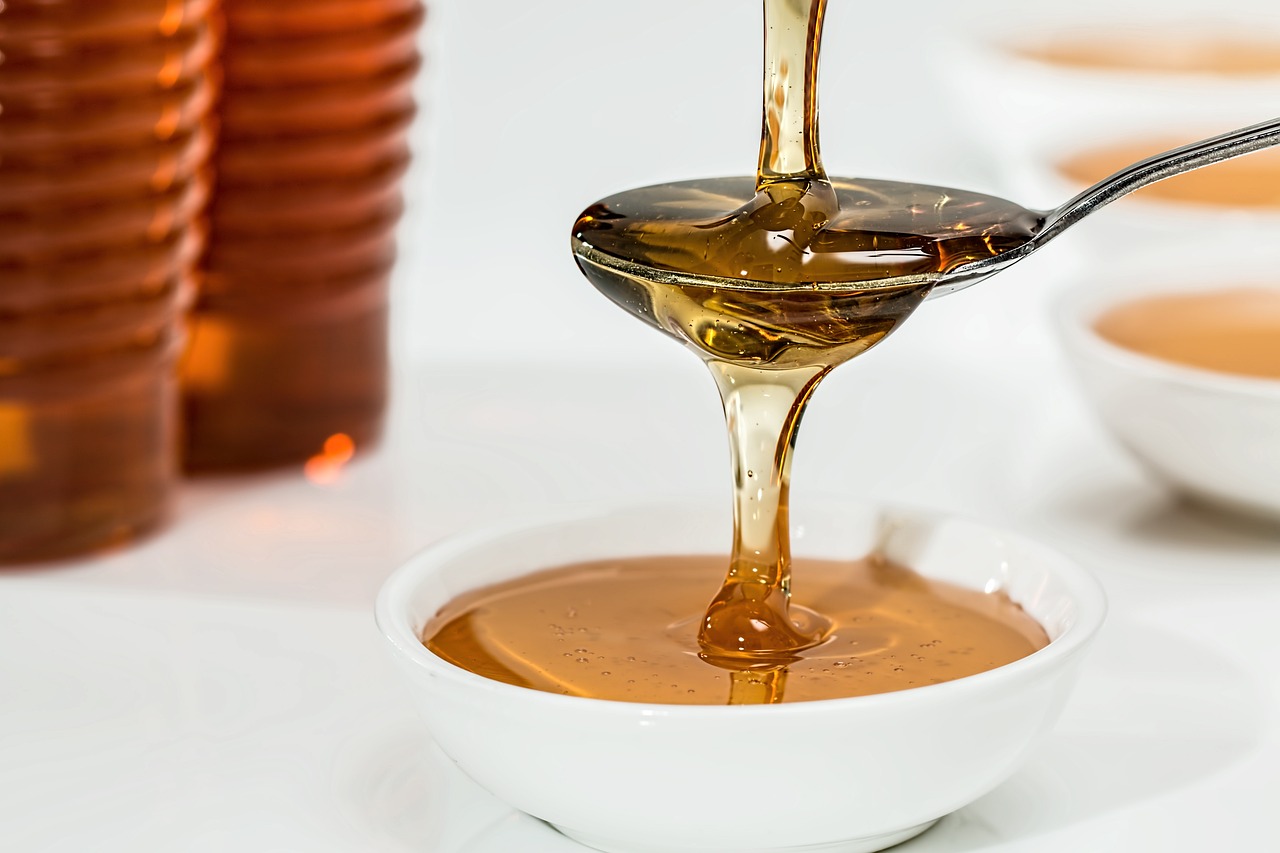Welcoming a newborn into your home is an occasion filled with joy and excitement. This tiny new addition to your family also brings a substantial amount of responsibility, one of the most crucial being feeding your little one appropriately. Despite the array of baby products available in the market, not everything is suitable for a baby in their first year of life. In the interest of ensuring your infant's health and well-being, we have identified three things you should avoid giving your baby during their first year.
1. Honey
Honey might be a natural sweetener that's popular among adults, but it is not advisable to feed it to infants below one year of age. The primary reason is the risk of botulism. Honey, especially raw honey, can contain spores of Clostridium botulinum, a bacterium that can be harmful to a baby’s immature digestive system. Infant botulism can cause muscle weakness, breathing problems, and potentially even paralysis.
In adults and older children, our mature digestive systems can prevent these spores from growing. Babies, however, do not have a fully developed immune system and may not be able to fight off these spores. For this reason, it's recommended that honey in any form should not be given to a baby until they reach their first birthday.
 Image by Steve Buissinne from Pixabay
Image by Steve Buissinne from Pixabay
2. Cow’s Milk
While it might seem logical to transition from breastfeeding or formula to cow’s milk, doing so within the first year isn't advisable. Cow's milk lacks the right balance of nutrients a baby needs for optimal growth and development, especially in the crucial first year. It's high in protein and minerals, which can be difficult for your baby's kidneys to process. Furthermore, it does not contain sufficient iron, vitamin C or other nutrients needed for a baby's growth.
Instead, breast milk or iron-fortified infant formula should be the main sources of nutrition for your baby throughout their first year. After one year, when your baby's digestive system is more mature, cow's milk can be slowly introduced into their diet.
3. Choking Hazards
A baby's first year is often marked by developmental milestones, one of which is the introduction of solid foods, typically around 6 months of age. While this is an exciting time, it's crucial to introduce new foods in a safe manner. Certain foods can pose choking hazards and should not be given to your baby.
Hard foods, like whole nuts and large chunks of fruit or vegetables, can easily block a baby’s small airway. Similarly, round or cylindrical foods, such as grapes or hot dogs, should be cut into small, thin pieces to prevent choking. Always supervise mealtimes and ensure that while exploring new tastes and textures, your baby's safety remains paramount.
 Image by Nicky ❤️🌿🐞🌿❤️ from Pixabay
Image by Nicky ❤️🌿🐞🌿❤️ from Pixabay
The first year of your baby's life is a time of extraordinary growth and development. Knowing what to avoid can help you navigate this period with confidence, contributing positively to your baby's health and well-being. Remember to always consult a pediatrician or health professional for advice tailored to your baby's needs.








